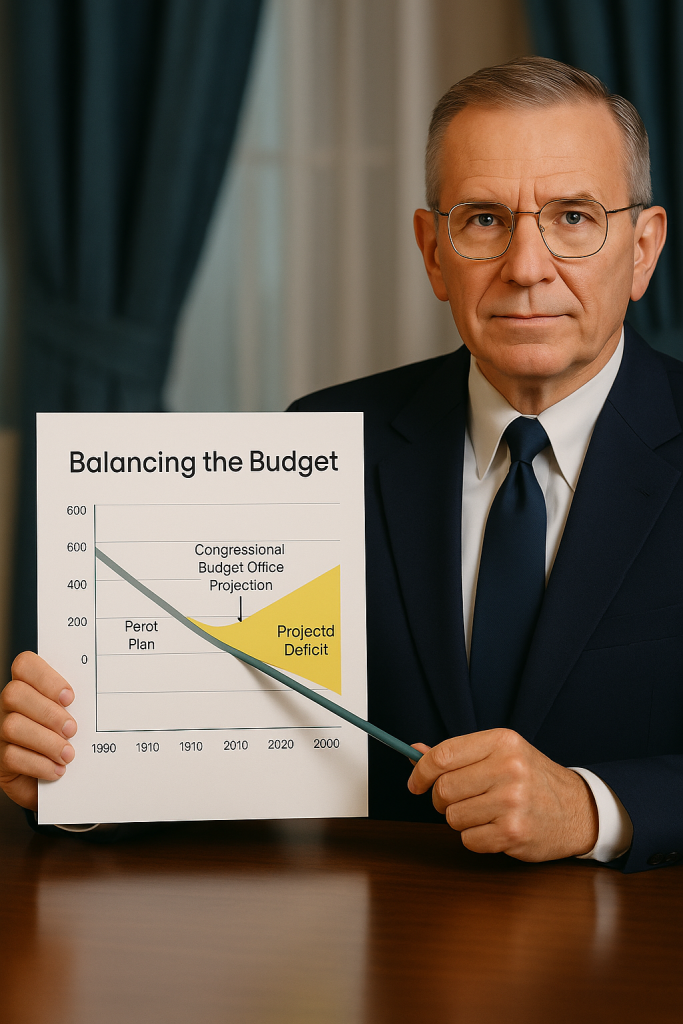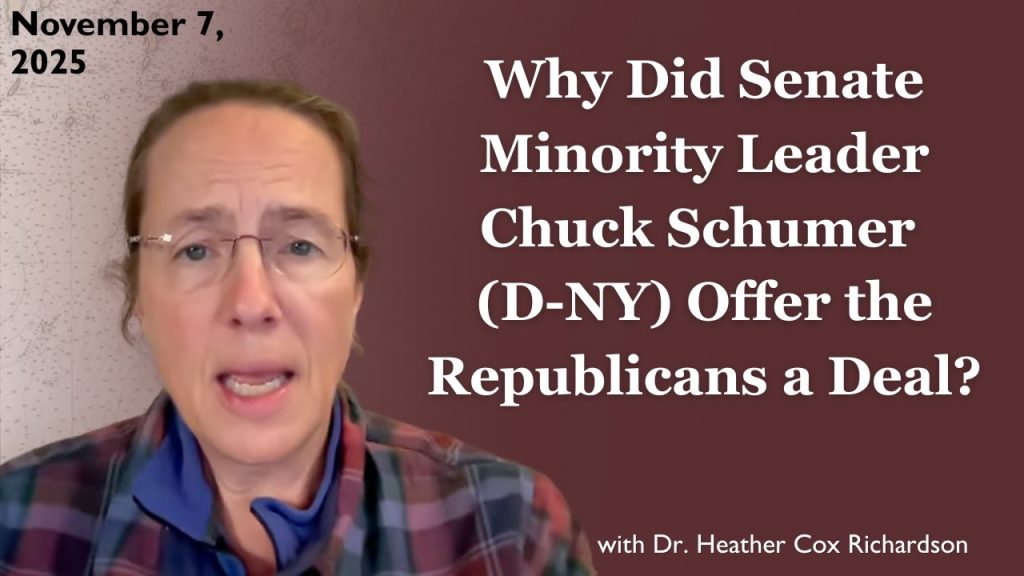As Elon Musk’s nascent America Party begins to take shape ahead of the 2024 election cycle, a political veteran from Ross Perot’s iconic 1992 campaign has come forward to offer a measured critique. With rare firsthand insight into the challenges of building a successful third-party movement, the veteran highlights a critical disconnect between Musk’s highly technical, Silicon Valley-infused messaging and the broader political language needed to galvanize a diverse and enduring coalition.
The America Party, spearheaded by Musk, has positioned itself squarely at the intersection of technology innovation, free-market principles, and disruptive political ideas. However, the Perot campaign veteran argues that this focus on tech-centric themes—while reflective of Musk’s own expertise—falls short of addressing the emotional and cultural factors that have traditionally driven political momentum in American politics.
“Ross Perot’s campaign succeeded not just because we had compelling policy ideas but because we spoke the language of everyday Americans, tapping into economic anxieties and a desire for government reform,” the veteran explained. “Musk’s messaging right now feels like it’s being crafted for engineers and entrepreneurs, not for the farmer in Iowa or the factory worker in Ohio.”
Reflecting on Perot’s 1992 effort, which captured nearly 19% of the popular vote—a historic feat for a third-party candidate—the campaign veteran underlines the importance of relatable communication and building a sense of shared identity. For Perot, the campaign’s success rested on straightforward language addressing the federal deficit, systemic government waste, and voter disenchantment. This approach resonated across diverse demographics, transcending ideological boundaries.
In contrast, Musk’s America Party thus far leans heavily into narratives around artificial intelligence, space exploration, cryptocurrencies, and high-tech innovation—subjects generally typified by specialized jargon and futuristic visions. While these topics are compelling to tech-savvy constituencies, experts warn they risk alienating voters who feel left behind by rapid technological change.
“You can’t build a political movement on complex technological concepts alone,” the veteran said. “People don’t vote for a tech manifesto. They vote for hope, security, and a sense that their lives will improve.”
Moreover, the veteran emphasizes that successful third-party campaigns require not only a clear and relatable message but also a broad coalition that cuts across traditional party lines and cultural divides. Perot’s campaign was fueled by a populist blend of fiscal conservatism and government reform combined with a nonpartisan appeal that captured widespread disillusionment with both major parties.
As Musk continues to refine the America Party’s platform and branding—recently asserting the party could challenge the two-party duopoly—these insights from a seasoned political strategist carry weighty implications. The challenge lies in balancing Musk’s visionary, tech-forward leadership style with the grassroots, accessible storytelling that galvanizes voters and fosters a sustainable movement.
Political observers will be watching closely to see if Musk can pivot or expand his messaging to build the kind of broad support that Ross Perot nearly achieved three decades ago, or whether the America Party will struggle to break beyond niche constituencies.
In a political landscape hungry for innovation yet grounded in everyday realities, the gulf between cutting-edge technology advocacy and universally resonant political language presents both a formidable obstacle and an opportunity for Elon Musk’s fledgling political venture.



